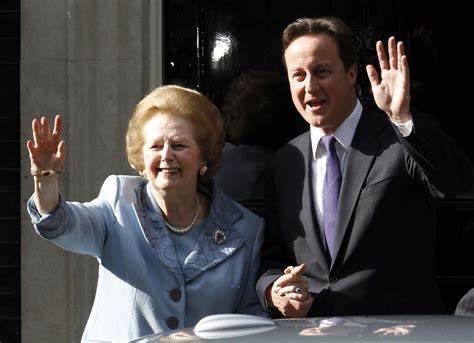Our blog page is open to anyone who would like to write about history that is controversial or contested.

Why has the war in Gaza so attracted the attention of university students?
The war in Gaza has attracted the attention of university students in a way that even the invasion of Ukraine did not. Why is that? Putin’s threat to the West is very real so why has Gaza taken precedence? One answer explored here is that students are reacting to what they see is an absence of teaching about the Middle East and Israel and Palestine in particular on the school curriculum

The Status Quo: Competing claims to religious sites in Jerusalem
How the Ottoman Empire tried to resolve competing claims to religious sites in Jerusalem can help us understand why any ceasefire between Israel and Hamas will almost certainly not defuse a prime cause of conflict.
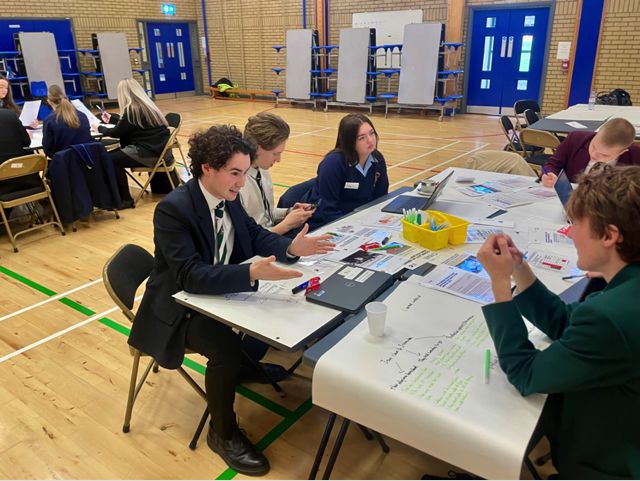
What young people in Northern Ireland can teach the rest of us
...young people who have grown up in a post-conflict society (it’s now over 25 years since the Good Friday Agreement was signed) have something valuable to teach the rest of us about how to approach the history of a conflict
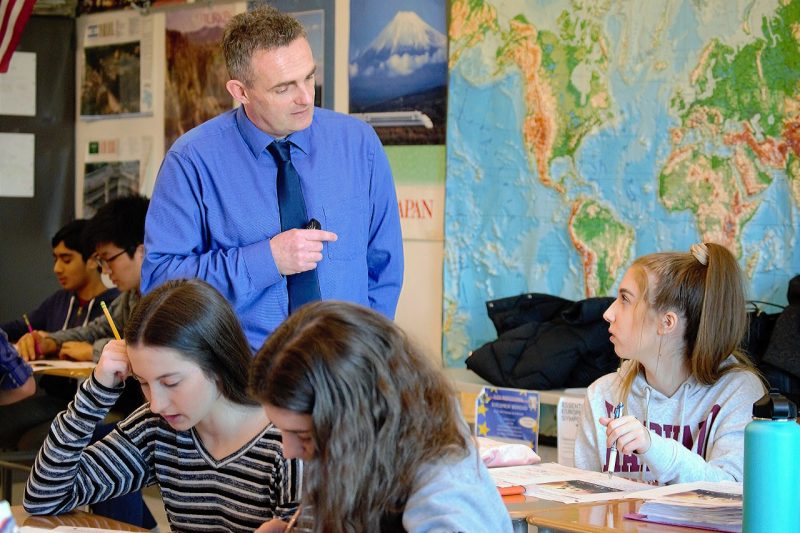
Teaching the Israel Palestine conflict: a perspective from a US classroom
Tensions between students identifying with opposing groups. While these might be seen as fraught moments to be avoided by some, or difficulties to be subdued by others, for teachers of modern history perhaps these could also be seen as golden opportunities
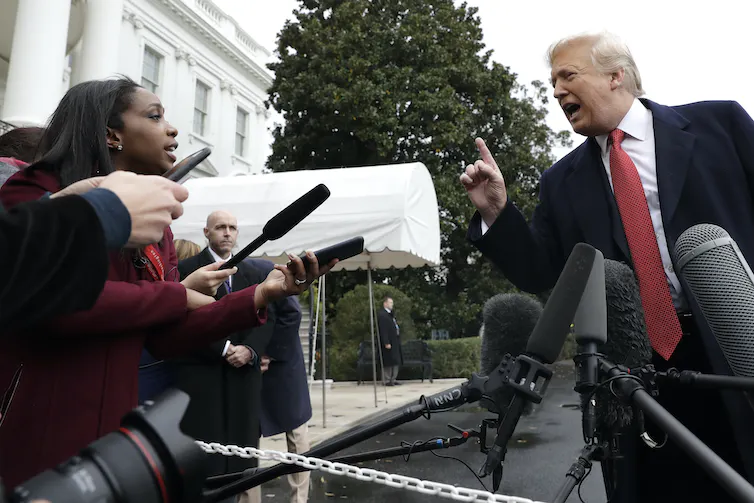
Lies, damn lies and post-truth
Most politicians lie. Or do they? Even if we could find some isolated example of a politician who was scrupulously honest – former President Jimmy Carter, perhaps – the question is how to think about the rest of them. And if most politicians lie, then why are some Americans so hard on President Donald Trump?

How can history teachers help their students spot what’s fake and what’s fact?
"When I was teaching full-time, I was often struck by how long it took pupils to realise that the source skills I was teaching them had an application to the news and current affairs they were consuming."
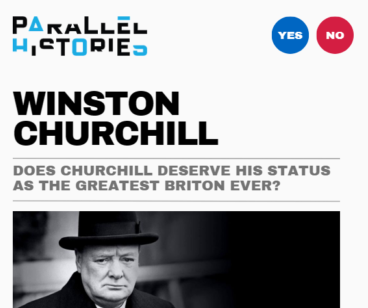
What happened to flipped learning and the video revolution?
This blog is about how we created our original educational materials which used interactive video, and why we are changing now.

Keep talking: a reflection on how dialogue keeps peace alive
At Agreement 25, the event commemorating the 25th anniversary of the Belfast Good Friday Agreement hosted at Queen’s University Belfast, I watched as the leaders of each major political party in Northern Ireland gathered for a panel discussion.
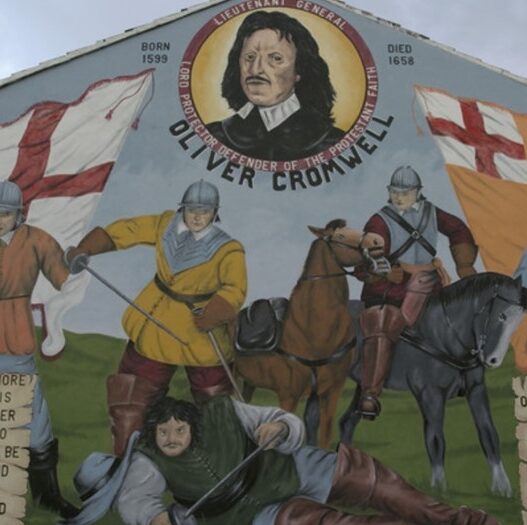
Cromwell and Empire
Parallel Histories have produced a new product on Oliver Cromwell, a man commonly studied in British schools but not particularly associated with Empire. Why not?
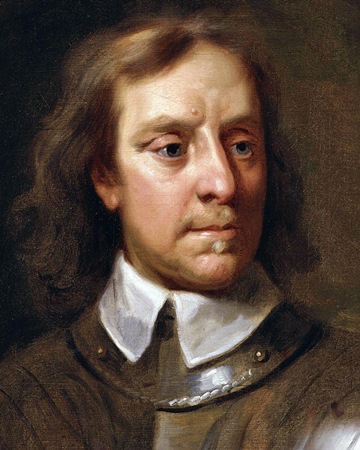
Why and how Oliver Cromwell’s reputation has evolved
Stuart Orme is curator at the Cromwell Museum, Huntingdon. He sat down with Miriam Tomusk to discuss the shifting legacy of Oliver Cromwell, his relevance today, the work of the Museum, and working with schools and teachers.
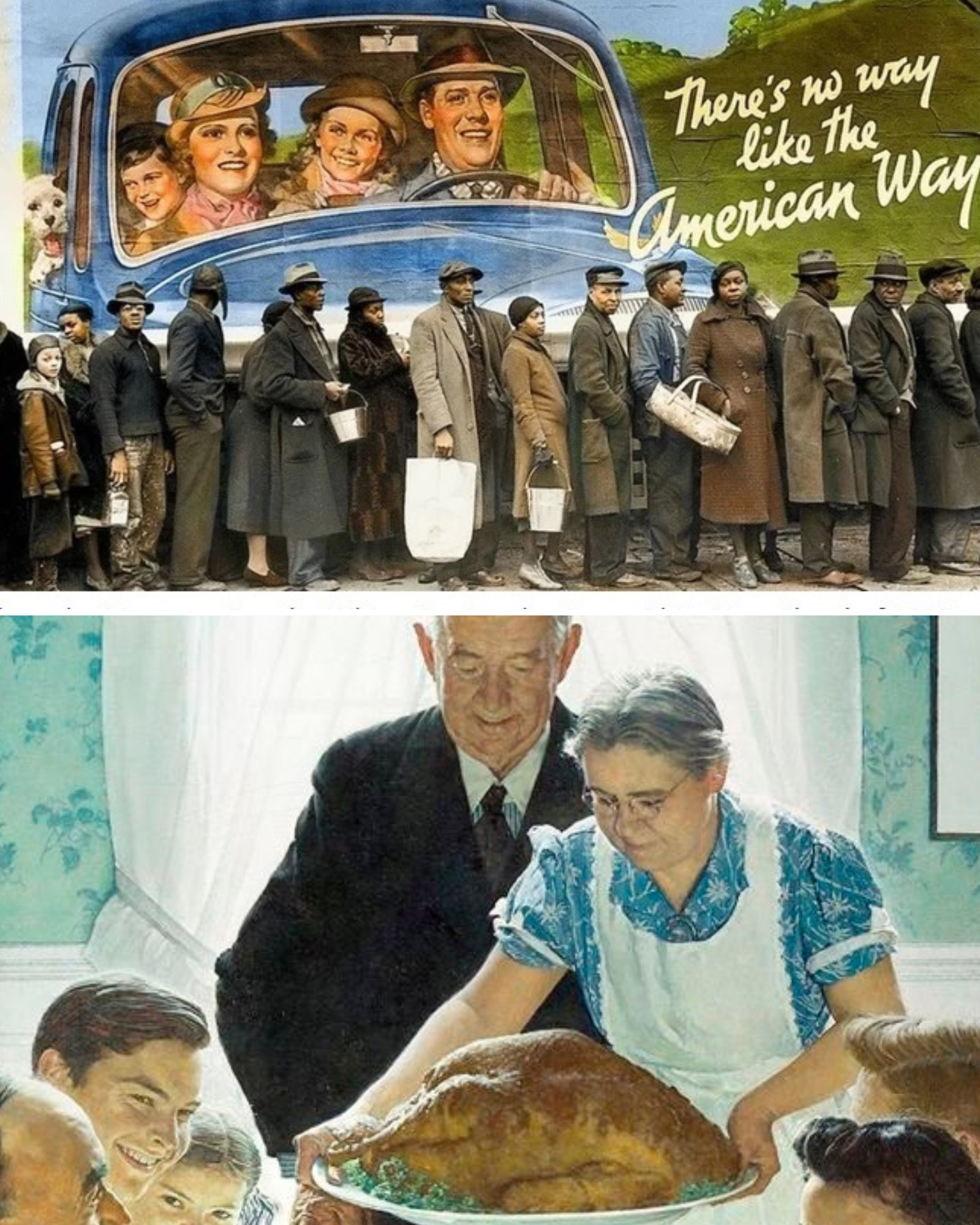
Black History Month in the US – teaching about race when it could cost you your job.
This program is unique because it retells the history of the United States as two narratives: European American and African American. Students are encouraged to compare and contrast the two to understand how and why they diverge and converge.
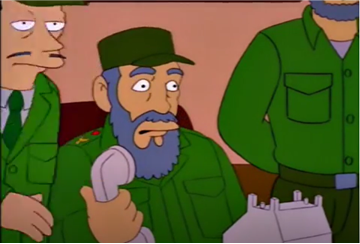
What can two minutes of The Simpsons tell you about US perceptions of Cuba?
TV shows can tell us a lot about the relationships between different countries and societies. Placing a TV clip in the context of some basic knowledge about a country and its history can release a wealth of information that is otherwise easy to miss.
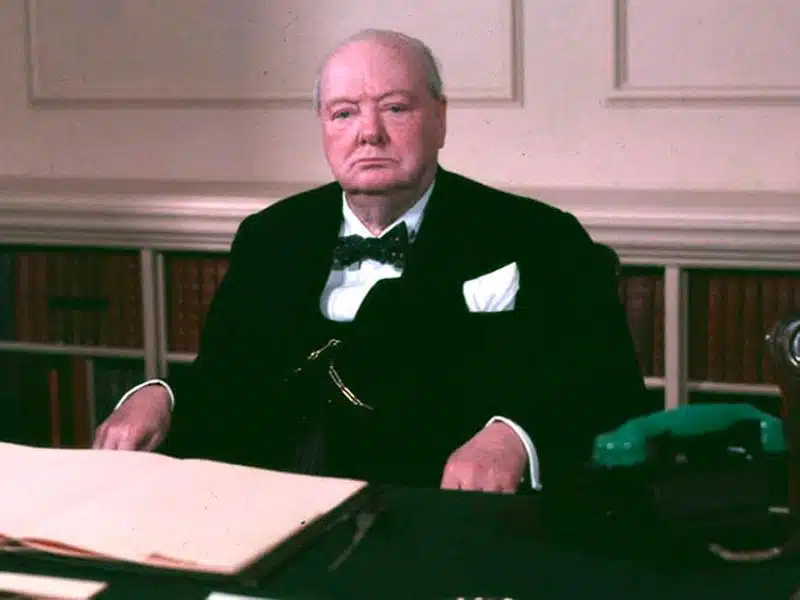
Why unionists and nationalists should not shy away from their competing views on past
There’s no point in providing history students with an inoffensive curriculum, says Ruth Dudley Edwards

Famous deaths, and how to use them in your lessons
During 2022, we lost a number of prominent public figures. While students are familiar with Pele and the Queen, below this top tier, many other famous deaths are reported by the news.
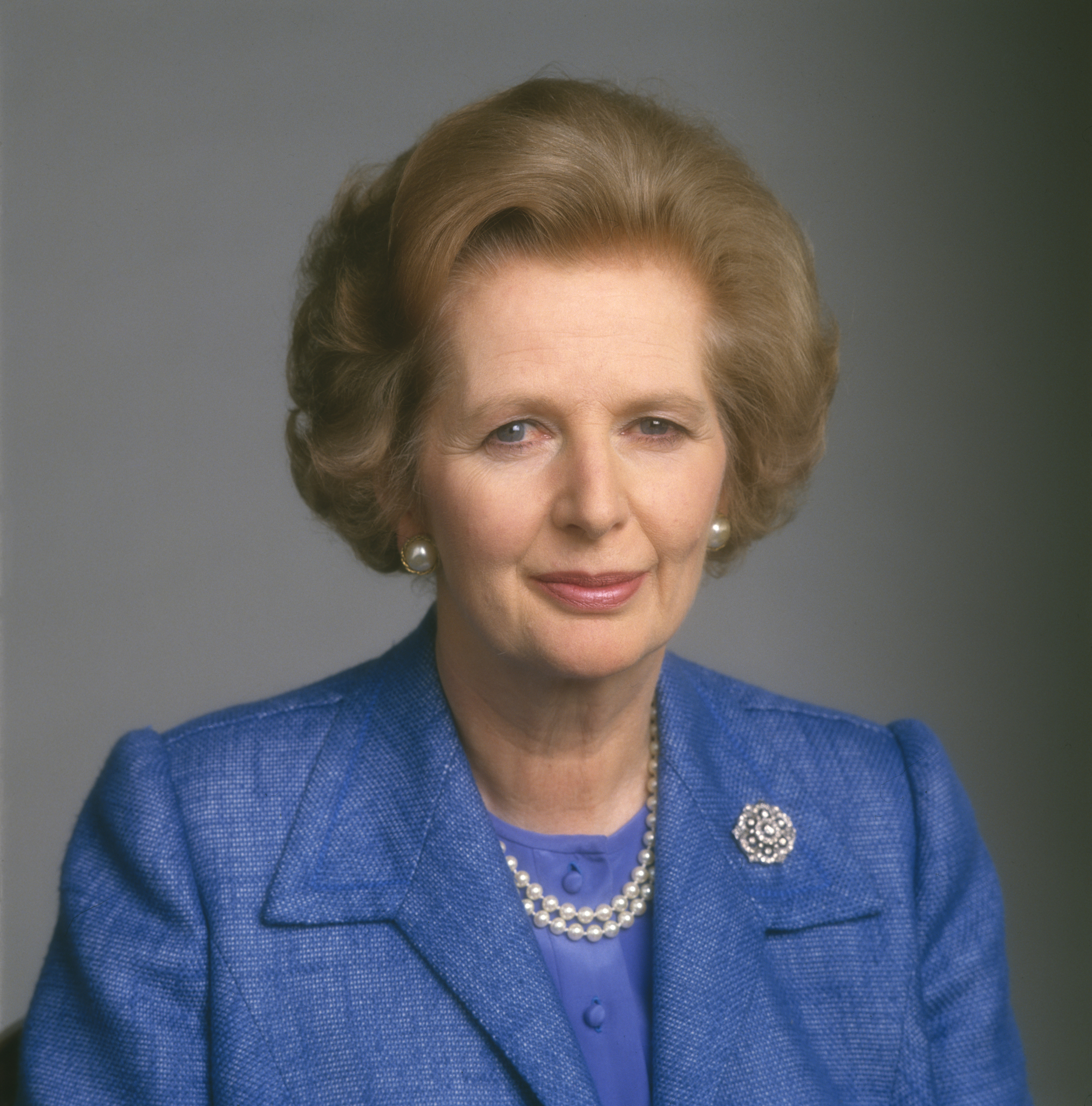
Where there is discord, will invoking Thatcher’s memory bring harmony?
Following the bitter and drawn-out removal of Boris Johnson Prime Minister earlier this year, the Conservative Party found itself tussling over who the next leader would be. Hannah Coltman explores, will invoking Thatcher’s memory bring harmony?
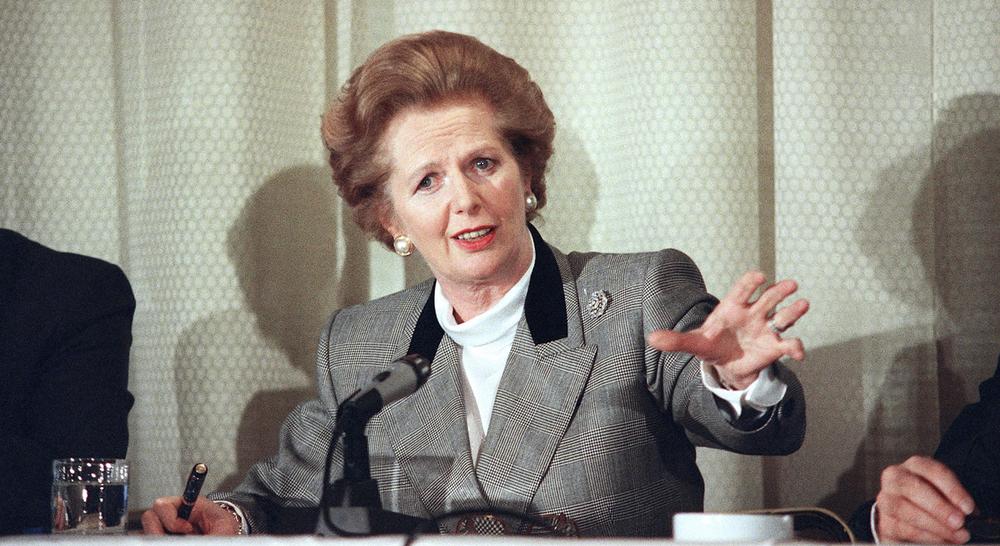
Songs as Historical Sources – Margaret Thatcher
Researching our new programme on Margaret Thatcher, it became clear to me that her influence touches on almost every aspect of British life. Selecting a small number of sources was difficult due to the sheer scope of her influence and how to convey it.

What are students thinking about free speech now?
This interesting new research shows that most university students feel their freedom of speech is protected at university, in fact students are more confident about their freedom of speech than the general public. It supports an earlier study suggesting that the impact of culture wars and cancel culture on Britain is exaggerated.
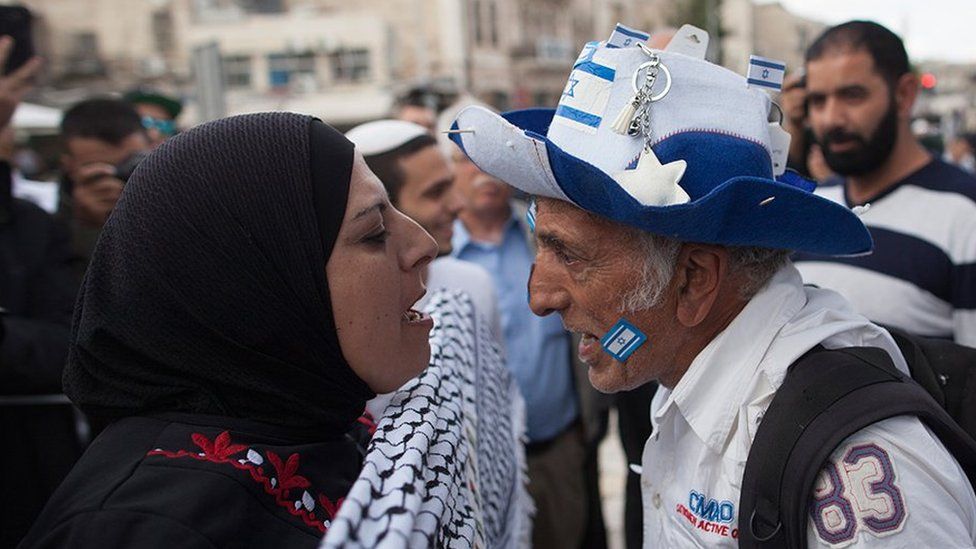
Six FAQs about teaching Israel and Palestine
After engaging with hundreds of teachers over five years we have developed the scheme of work for teaching the Israel Palestine conflict. We want to help teachers teach controversial history and we try to provide the tools they’ll need to help them like schemes of work, CPD and debating opportunities for students.
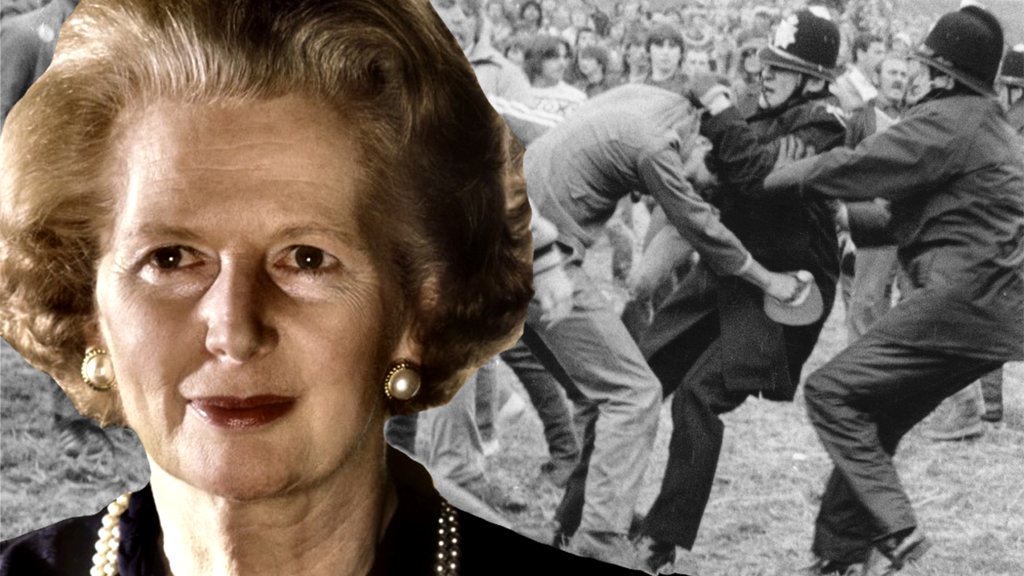
Margaret Thatcher’s Contested Legacy – the case against Thatcher
Forty years after Margaret Thatcher came to power, coalfield communities like mine are still dealing with the fallout of her government’s actions.
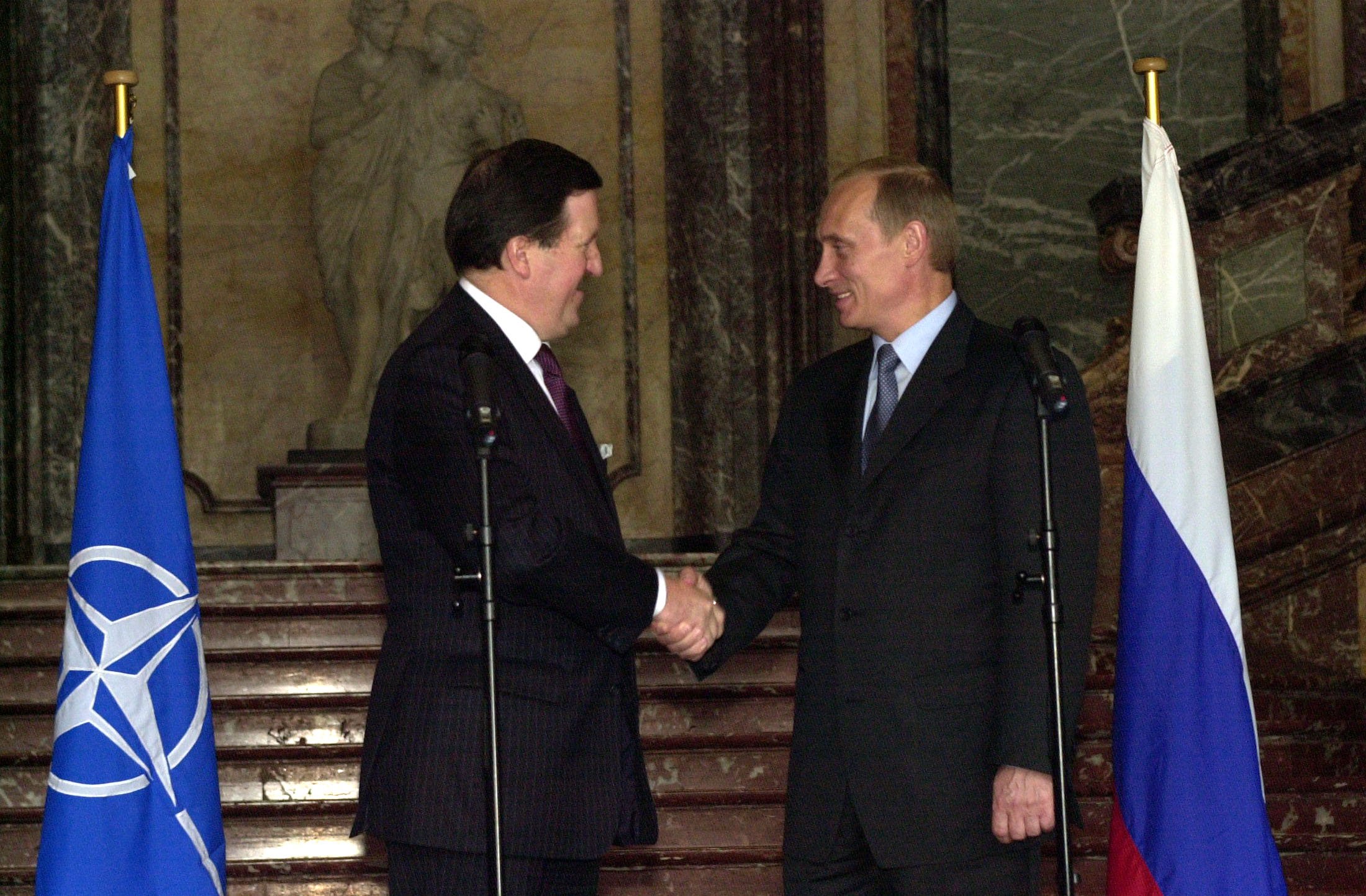
When Putin was an ally of the West
This extract from a speech by former NATO Secretary General Lord Robertson, made in 2002, illustrates just how far perceptions of Vladimir Putin have changed.
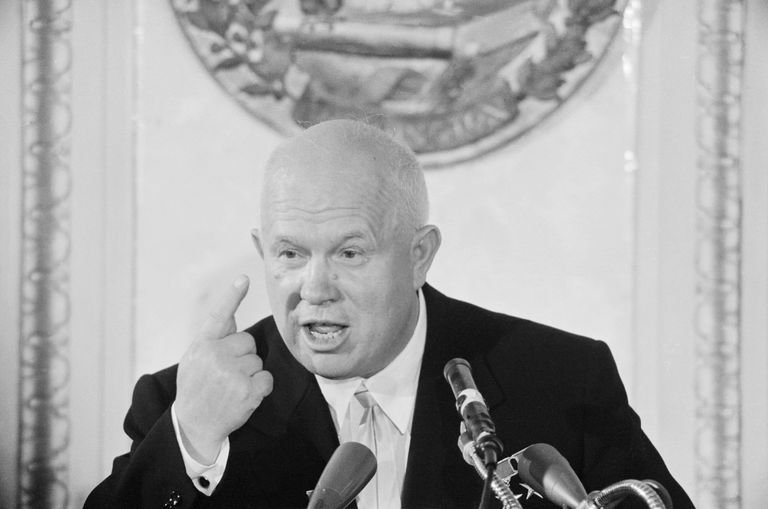
When the Soviets disowned Stalin
Continuing our examination of Stalin’s complicated legacy in our Great Leaders series, below is a speech that is very critical of Stalin given by one of his successors, Nikita Khrushchev, in 1956.
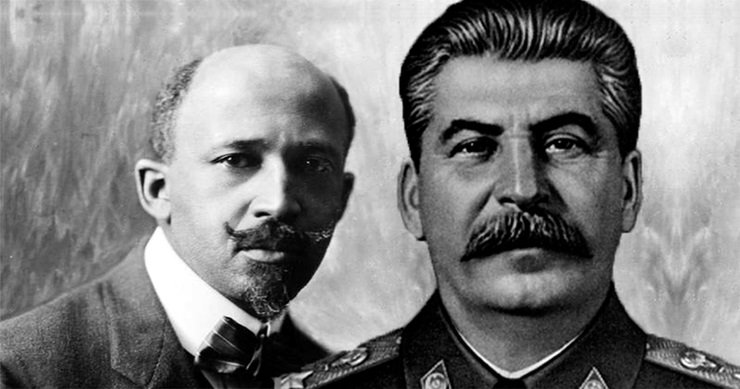
When an American civil rights leader praised Stalin
As part of our Great Leaders programme that examines the legacies of controversial historical figures, we post an American civil rights leader’s glowing obituary for Josef Stalin.

To understand the war in Ukraine, we must understand Russia’s Parallel Histories
To understand the war in Ukraine, we must understand Russia’s parallel interpretations of recent history.

The GDR – An (un)lawful state? / Die DDR – (K)ein Unrechtsstaat?
Celeste Schoenen and her students from Langerwehe, Germany have been developing a Parallel Histories debate programme in German and English about whether the GDR was ‘unrechtsstaat’ (an unlawful state).

A Tudor House Divided
Miriam Tomusk explores how a parallel narratives approach to studying the history of Mary I and Elizabeth I can help challenge preconceptions about Tudor history.

The Real Winston Churchill
In keeping with our Great Leaders videos, here Richard Seymour presents the case against Winston Churchill’s elevated status as a national hero.

In Defence of Churchill
Our Great Leaders videos examine the case for and against Churchill’s status as the greatest Briton ever. Continuing our engagement with this debate, here Richard Langworth puts forward his defence of Churchill’s legacy.

In the Classroom – How to start ‘decolonising the curriculum’ without having to change all the topics you teach.
Michael Davies explores ways to ‘decolonise the curriculum’ by simply rereading some of the existing topics you teach with a more critical ‘decolonising’ eye.

Making sources fun, not formulaic
Sarah Gillen introduces some strategies to broaden student thinking and move beyond a formulaic approach when evaluating sources.
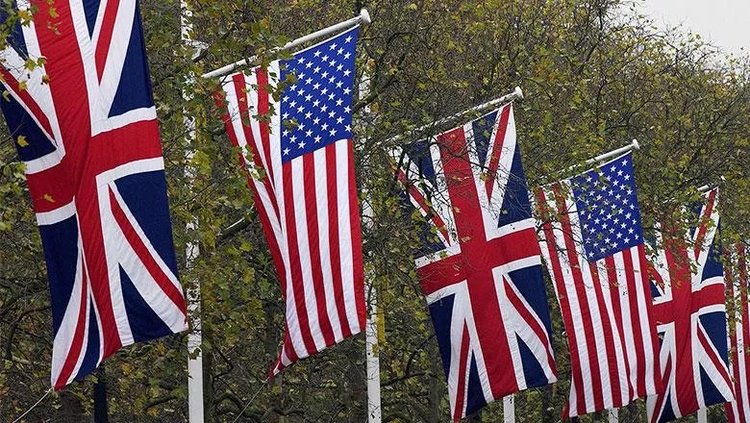
UK’s ‘culture war’ risks leading to US-style divisions – but we’re not there yet
An article by King’s College London working with Ipsos MORI suggests that the UK is not yet as polarised as the U.S.A., a finding that correlates with our experiences of debating in classrooms.
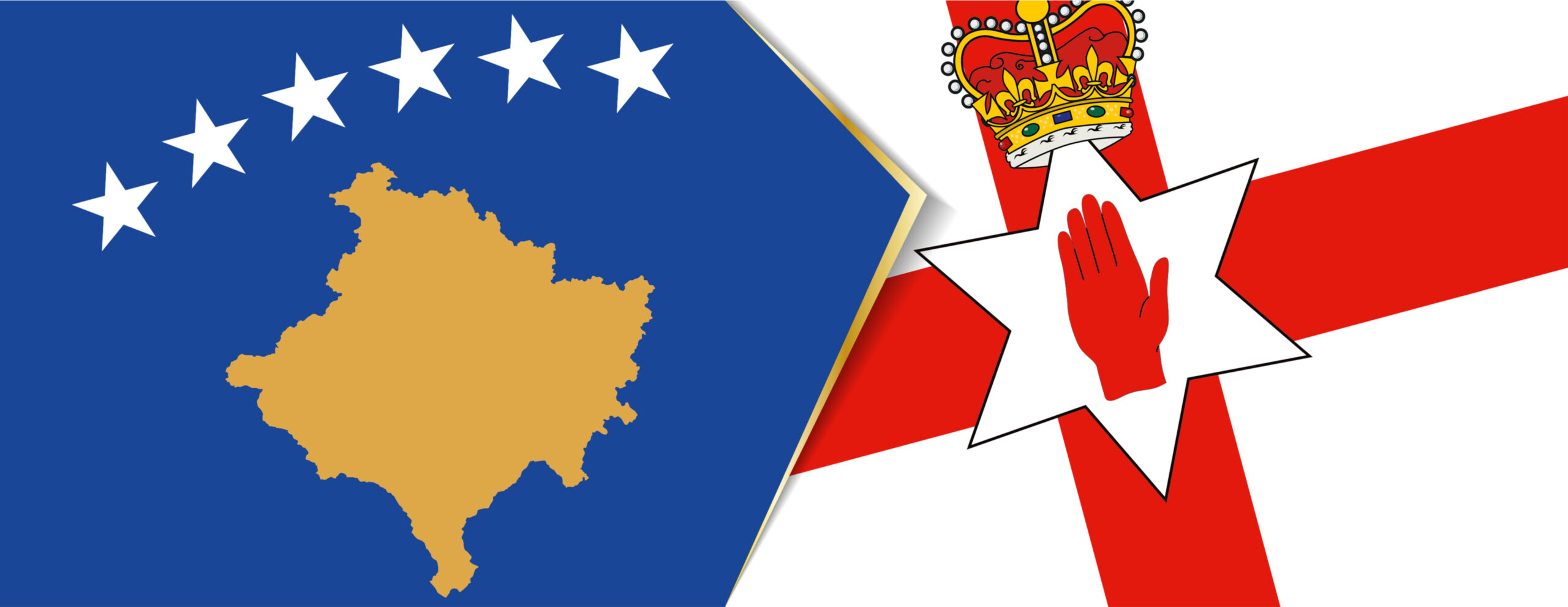
Lessons for Brexit Britain from the Balkans
George Kyris and Luke Bacigalupo discuss how disputes over sovereignty may drag on for decades and what the UK could learn from the conflict over Kosovo’s sovereignty.

Using the Parallel Histories approach to promote debating at A Level
Elena Stevens writes about how she has integrated historical debating into her A Level and enrichment classes, and broadened the appeal of debating controversial aspects of history beyond the students already studying History A level.

My top tips and strategies for teaching the Middle East at GCSE
Hugh Castle shares his top tips on incorporating the Parallel Histories methodology into the curriculum for teaching the Middle East.

Debating Israel and Palestine in the KS3 classroom
Shellie Webster recounts the many benefits that embarking on the Israel-Palestine debate programme has had on the educational experiences of her students.

What about Henry Dundas? Ask the students at Lourdes School in Glasgow
How schools in Glasgow are taking an innovative approach to debating the contested history of Henry Dundas’ involvement in the slave trade.

Grasping the nettle – Teaching Israel and Palestine
Michael Davies explores the immense benefits of teaching Israel-Palestine head-on.

Education, religion and politics: can they ever be disentangled in Northern Ireland?
Dr Cecilia Biaggi highlights the complex history of education in Northern Ireland, in its relation to the state and to religion.

“History is constructed, and it’s often constructed for a purpose”
Michael Davies was recently interviewed by Pádraig Ó Tuama for the Corrymeela Podcast. Corrymeela is Northern Ireland's oldest peace and reconciliation organisation and Pádraig leads this community, bringing interests in language, violence and religion to his work.

A student’s guide to History’s history
Mary Ormerod shares 8 key principles for approaching the complex history of History.

Dear Parent: why your child is learning histories not history
How letters to parents can be used to explain why their children are learning parallel narratives, especially where the conflict in question continues to resonate with the community of the school.

Diversifying the Teaching of the First World War: The Battle of Broken Hill
The massive reaction we got to Elena Stevens’ blog about diversifying the teaching of World War One is proof that teachers are looking for stories about this global war which do not come from the Western Front.

Diversifying the Teaching of the First World War
Students should understand that the conflicts of World War One were played out in much more diverse arenas (and with much more diverse armies) than traditional narratives might have us believe.

“Teaching the history is absolutely vital”
Mary Ormerod interviews Mohammed Amin, prominent businessperson and former chair of the Conservative Muslim Forum.

Suspicion in the eye of the beholder
Travelling through Israel and Palestine while doing research for her undergraduate thesis, Rosie Hoddinott learns about the psychological impact of conflict and the nature of suspicion.

Caught in the ripples of a receding tide
Michael Davies recounts his father's experience as a soldier at the end of the British mandate in Palestine in 1946.
